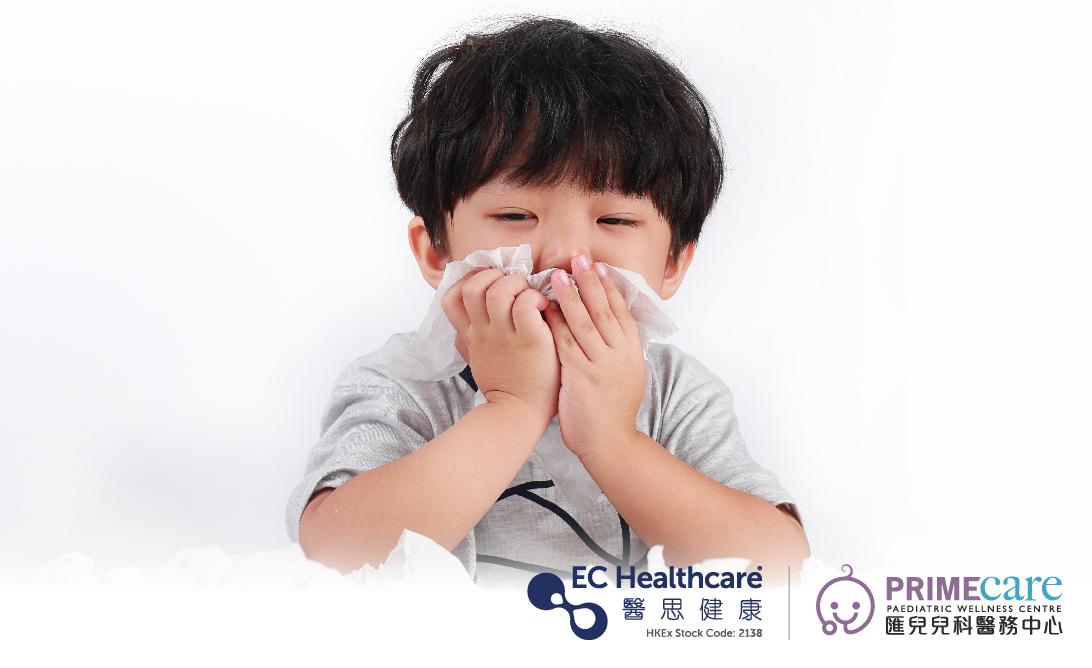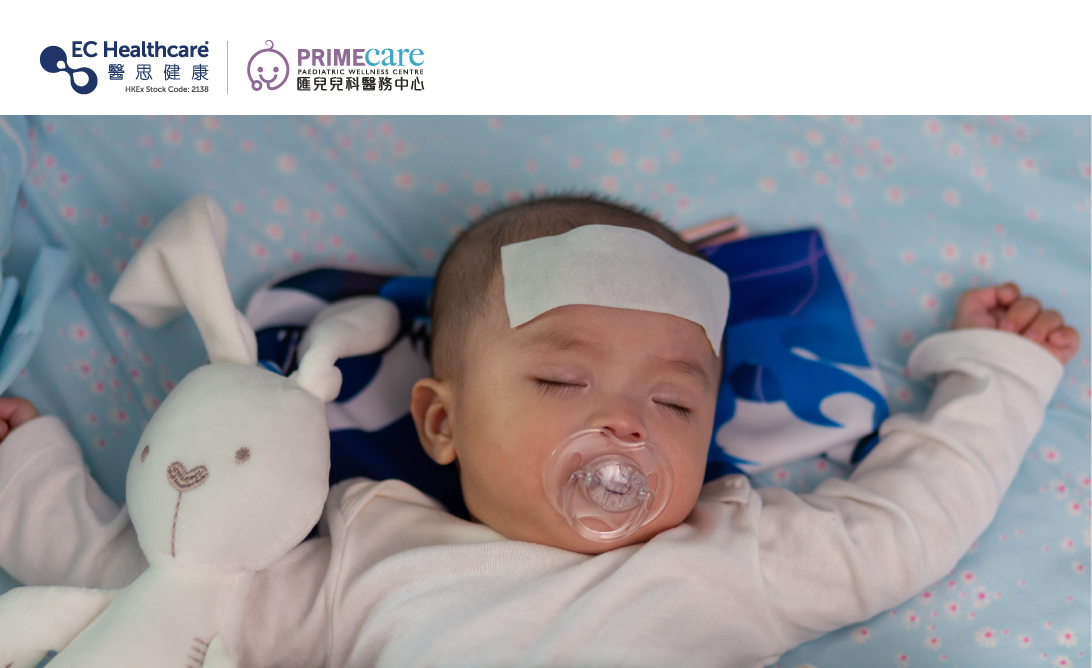Allergic Rhinitis in Children During Seasonal Changes


Allergic rhinitis in children is very common. According to a study of allergic rhinitis in children conducted by the University of Hong Kong, a third of local children aged 6 to 7 suffer from allergic rhinitis, with more frequent incidences during seasonal changes. This hinders their concentration on their study and interferes with their daily lives.
Allergic rhinitis occurs when airborne allergens enter the human respiratory tract, triggering the production of antibodies in the immune system to combat foreign substances. This causes allergic reactions in the nasal mucosa, including inflammation in the nasal cavity, a stuffy and runny nose, sneezing, itchy eyes, tearing, etc. As children have lower immunity, allergens and environmental changes can easily irritate their nasal cavity and trigger mucus secretion, leading to allergic rhinitis. The most common types of rhinitis are:
Allergic rhinitis: Its symptoms are triggered by exposure to apparent allergens such as pollen, dust, mould, fur, pet fur, and dust mites living on bedding and furniture.
Vasomotor rhinitis: The nasal mucosa is not irritated by apparent allergens, but symptoms may be triggered by temperature and humidity changes, weather swings, certain smells, etc.
The key to alleviating allergic rhinitis is to identify the allergens that cause allergies in your children and avoid them. Parents can bring their children to an IgE allergy test, which can identify the culprit of allergic reactions with a few drops of blood, to facilitate precise cure. If your children are reported to be allergic to indoor dust mites, second-hand smoke, pet fur, dolls, etc., they should reduce exposure to these allergens. You can also clean the house more often to prevent the appearance of allergens.
You may also use salt water to rinse your child’s nose to wash out the mucus and allergens in the nasal cavity. Oral drugs for a runny nose and steroid nasal sprays can also help improve allergic rhinitis.
Related Brands



